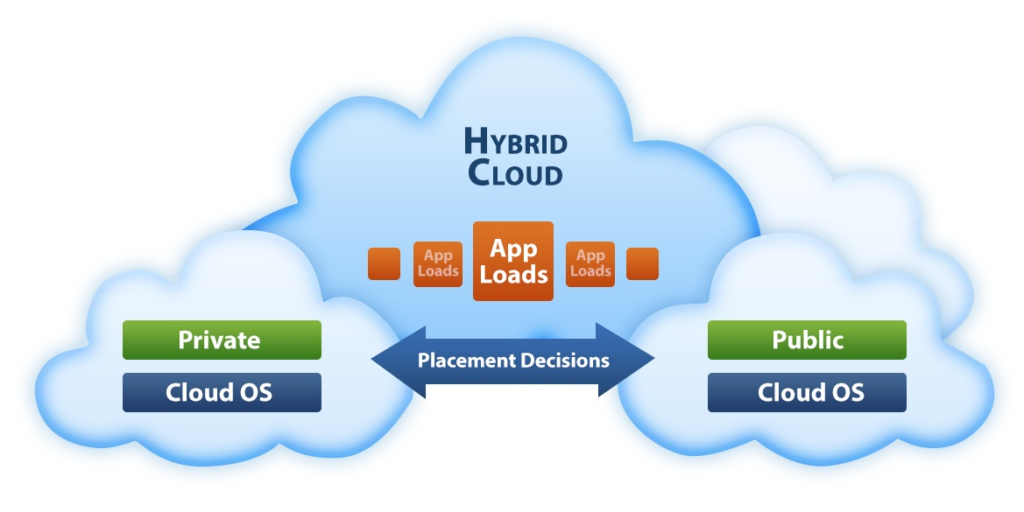
VMware Carbon Black Cloud is a cloud-native endpoint protection platform, that combines the intelligent system hardening and behavioural prevention, all done with a single lightweight agent and an easy to use console. VMware Carbon Black Cloud has various modules for an administrator to manage endpoints.
Meet Carbon Black
What products make up VMware Carbon Black Cloud?
VMware Carbon Black Cloud
https://www.carbonblack.com/products/vmware-carbon-black-cloud/
Endpoint Standard
https://www.carbonblack.com/products/endpoint-standard/
Enterprise Endpoint Detection and Response
https://www.carbonblack.com/products/enterprise-edr/
Audit and Remediation
https://www.carbonblack.com/products/audit-remediation/
Managed Detection
https://www.carbonblack.com/products/managed-detection/
VMware Carbon Black On-Premises Products
App Control
https://www.carbonblack.com/products/app-control/
Endpoint Detection and Response
https://www.carbonblack.com/products/edr/

VMware Carbon Black Cloud Workload Essentials
“VMware Carbon Black Cloud Workload delivers agentless protection for vSphere workloads that is easy to operationalize, while reducing the attack surface and strengthening data center security posture. This cloud-native solution provides foundational workload inventory, hardening, and vulnerability management capabilities to protect workloads running in virtualized environments.
This solution helps teams protect their workloads by:
- Integrating natively with vSphere to simplify operations with a more unified solution
- Prioritizing vulnerabilities with risk scores based on real-life exploits
- Providing the necessary lifecycle context
- Enabling agentless protection to intrinsically build security into your core infrastructure
https://www.carbonblack.com/workload-free-trial/
Secure Your vSphere Workloads
Helping customers more effectively secure their virtual workloads is a critical objective for VMware. As part of that strategy, we are offering a free trial of VMware Carbon Black Cloud Workload Essentials to current vSphere customers through April 2021.”



